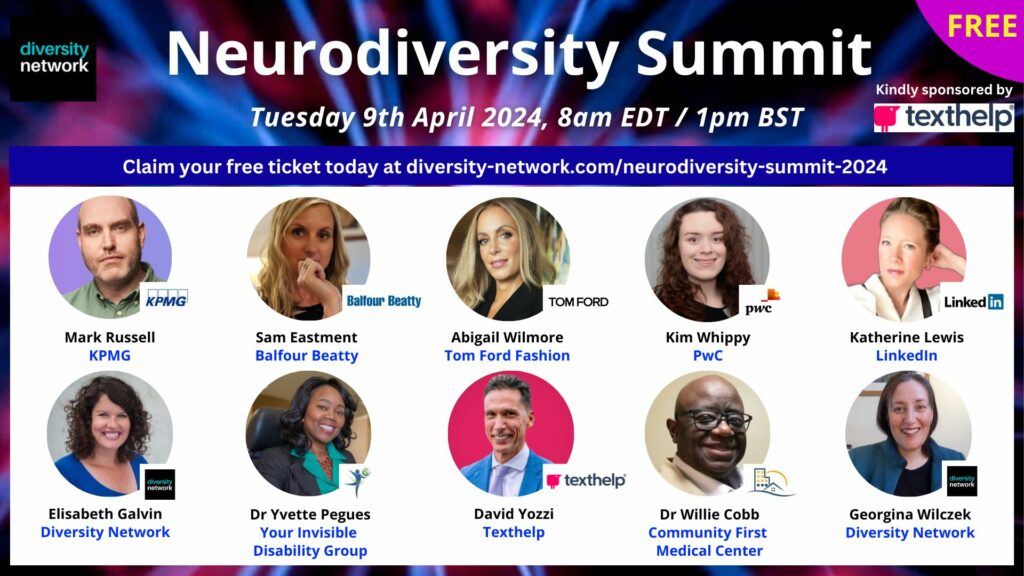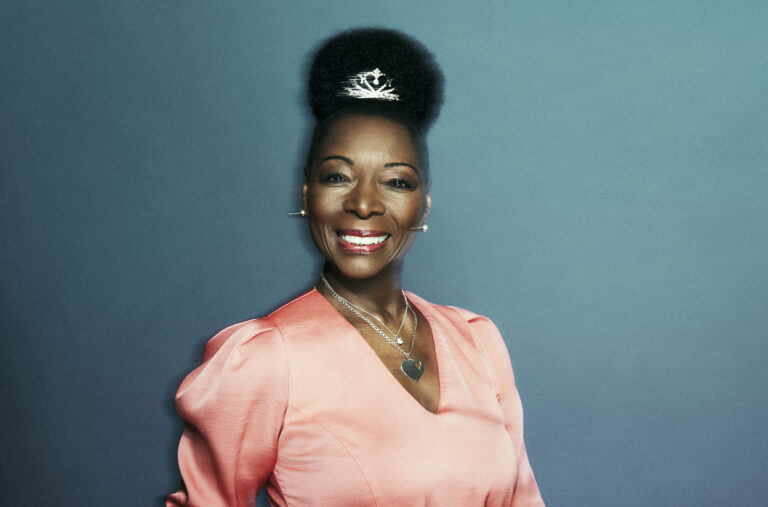
An interview with ADHD trainer Liam Tuohy:
Liam Tuohy worked in a corporate setting until ADHD forced him to change career. He was undiagnosed for more than 30 years and is now a high-performance ADHD health coach, fitness expert, and boxing trainer.
Liam believes that physical fitness is essential to enhance mental resilience in the workplace: “My lived experience has equipped me with valuable insights into the challenges faced by individuals with ADHD in professional settings."
Q: Why did you start your business, which is as a fitness coach specifically for people with ADHD?
A: “I was knocked down by employers my whole life, constantly jumping from job to job. I got bored very quickly, and really struggled to hold a job down.
“About two years ago I was let go again by another employer, a gym, because I couldn’t learn a training course quickly enough. There I was, unemployed again. That’s when I went solo as a health and fitness professional. I realised that I learn differently and I can use my experience to fitness train other people with ADHD.”
Q: What accommodations do you make for your clients?
A: “It really varies for each person. As we all know, ADHD shows up differently in individuals. I will have an initial conversation with each client, to find out what they might have struggled with before. A massive thing is accountability: my ADHD means I love exercise and can train for hours, but for others we have to find out what they enjoy. Sometimes training someone who has ADHD isn’t that different from training anybody else. One hundred per cent it is all about communication and treating people as individuals.”
Q: Can you share a success story with us?
A: “My best success story is with a young boy named Levi who has got autism. He was a kid who wouldn’t come out of his room or go to school; he didn’t have any friends and missed days out with his family. I started training his little brother in boxing and eventually after two months Levi plucked up the courage to come down and meet me. It took us a while to build up a relationship but now boxing has improved his confidence so much that his whole life has dramatically changed. He has started going to school and even went to the zoo with his family the other weekend. I’m really proud of him.”
Q: Tell us more about your experience of working in an office as someone with ADHD?
A: “I was an estate agent and during my first month in the job, I broke the 22-year-old record for the most amount of properties let one month. I had no sales experience but my ADHD means have really, really good communication skills and lots of energy. But after four months I was let go.
“As an employer, it’s all about being knowledgeable about neurodiversity, seeing people as individuals and making adjustments – it doesn’t have to be major adjustments or expensive ones. They might just need noise-cancelling headphones or a quiet place to work or a debrief after meetings.
“And it’s about having an open conversation, isn’t it? Creating that environment where people feel comfortable talking about things, perhaps having people higher up the company willing to talk about their experiences, and encouraging people to communicate with their managers and making sure that everyone is educated about this.
“I mean, if you’re scared in a meeting, you’re not going to have quick answers when someone asks you a question, are you? Or feel confident about speaking up in front of everyone?
“Clear routines and clear instructions will get the best out of people.”
Q: Why can exercise help those with neurodiversity?
A: “Exercise has all kinds of benefits for everyone. But especially for some people who have ADHD because it settles down their brain fog. It clears the mind and allows them to get so much more done.
“I’m in love with fitness and could do the same exercise day in and day out, I can go to the gym for hours and hours and it is only time that gets in the way.
“But we all know, again, neurodiversity shows up differently for everyone and some people with ADHD couldn’t think of anything worse than exercising. But generally, I think fitness is the best thing for individuals with ADHD because it will help them to focus.”
Q: What would you say to employers reading this?
A: “Neurodiversity should be celebrated, not just tolerated. Look, you need to educate everyone in the workplace about neurodiversity. And ask individuals what will help them to thrive in your organisation.
“Review your recruitment process, adjust your communication methods, make sure there are clear routines, written instructions and flexible deadlines.
“You know, I think it’s really important that employers recognise what people with neurodiversity bring to the table.
“Having a leader who understands neurodiversity is going to make everyone’s life easier and create an environment where everyone can thrive.
“It’s about working together.”
Claim your free ticket for Diversity Network’s Neurodiversity Summit
On 9th April 2024, join us for Diversity Network’s Neurodiversity Summit, sponsored by Texthelp.
We will be joined by a host of experts to shed light on what is required to enable neurodiverse individuals to thrive at work.






